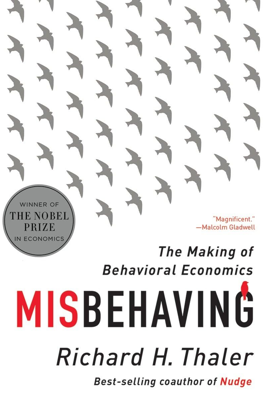Mugs
Mugs and the Endowment Effect
During a conference at the University of Pittsburgh, organized by economist Alvin Roth, a discussion arose about the endowment effect—a behavioral phenomenon suggesting people ascribe higher value to things merely because they own them. Alongside other major experimental economists, the authors, representing the behavioral perspective, faced skepticism from figures like Vernon Smith and Charlie Plott, who doubted the empirical evidence supporting the endowment effect.
Key Experiment with Mugs and Pens: To address these doubts, a series of experiments were designed involving random allocation of goods (coffee mugs and pens) to participants, who could either sell these items or buy others in a controlled market environment. These experiments utilized Vernon Smith’s induced value method, but instead of abstract tokens, tangible items like mugs and pens were used to check if personal attachment influenced trading behavior.
Findings: The results consistently showed a significant endowment effect. Those owning mugs tended to demand roughly double the price that potential buyers were willing to pay, significantly reducing market trading volume compared to predictions based on traditional economic theory, which would expect more active trading and price agreement.
Theoretical Implications: These findings underscored loss aversion and status quo bias as potent forces driving human economic behavior, often inhibiting exchange and adaptation—a deviation from standard economic predictions where no such attachment would occur, and markets would fluidly reach equilibrium.
Broader Impact and Public Policy: These insights lend weight to understanding barriers in labor markets and other areas where resistance to change and preference for the familiar can lead to inefficiencies. They reflect a broader theme that personal biases and mental frameworks profoundly shape economic activities in real-world markets, beyond what traditional models predict.
In essence, the endowment effect experiments highlighted the strong human tendency to cling to what is familiar, impacting everything from personal possessions to professional roles, and showcasing the need for economic models that accommodate such irrational, yet predictable, human behavior patterns.
